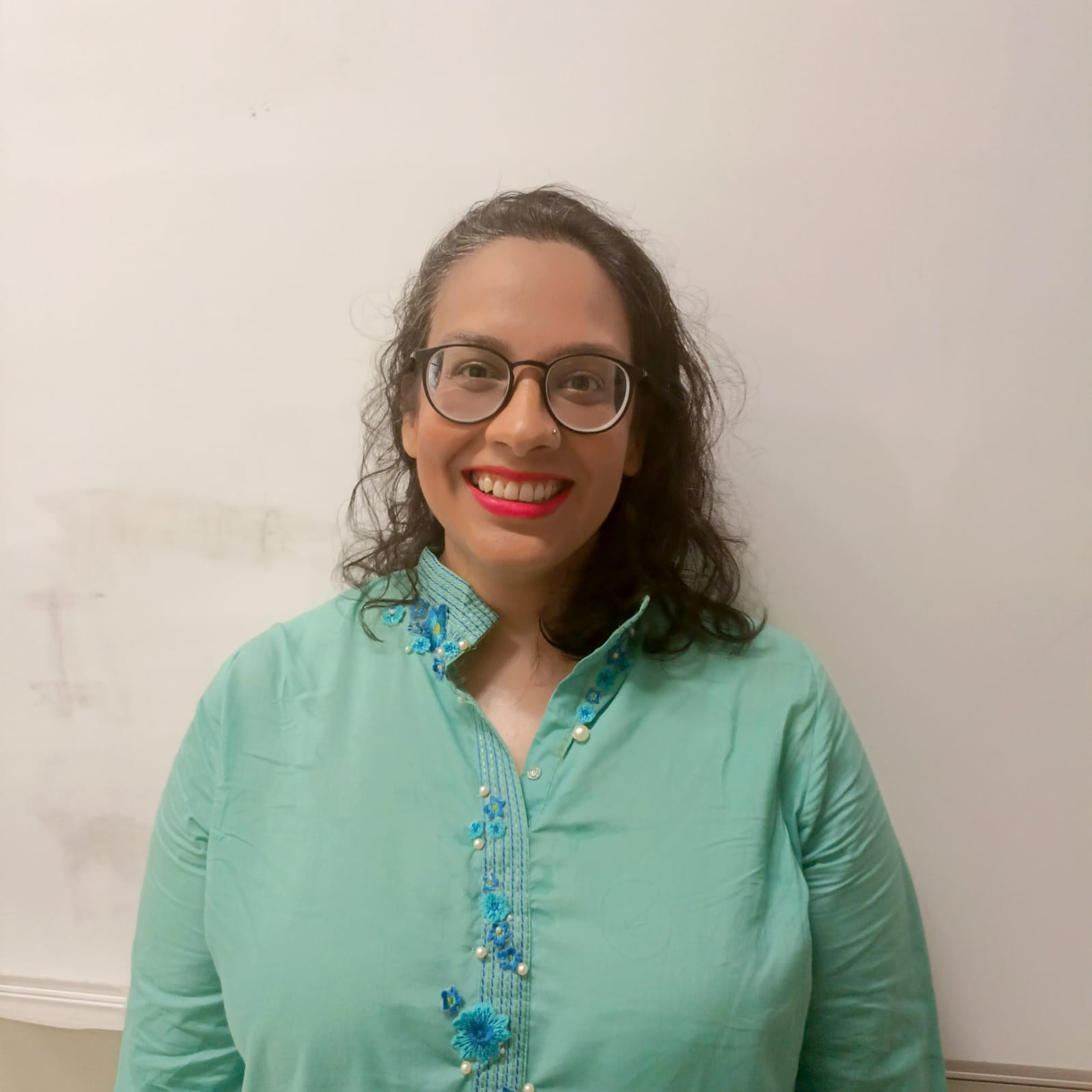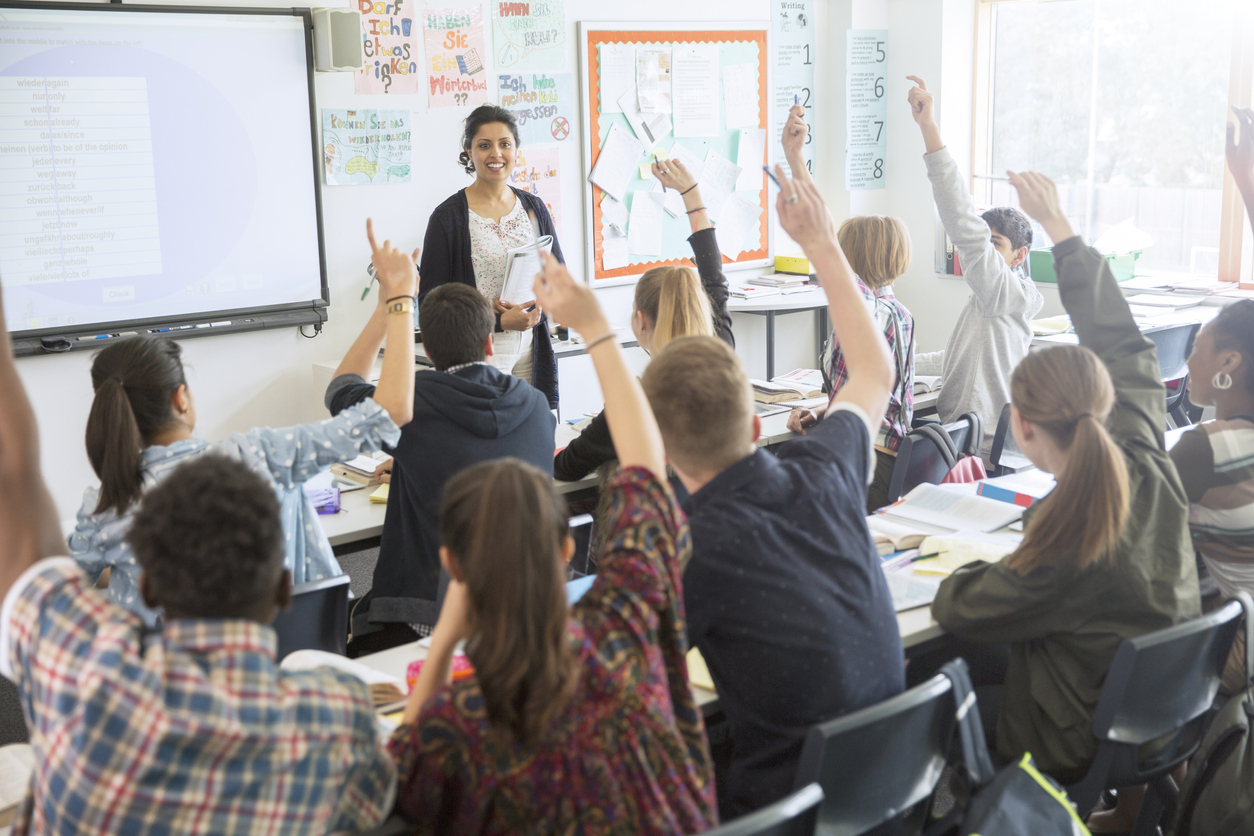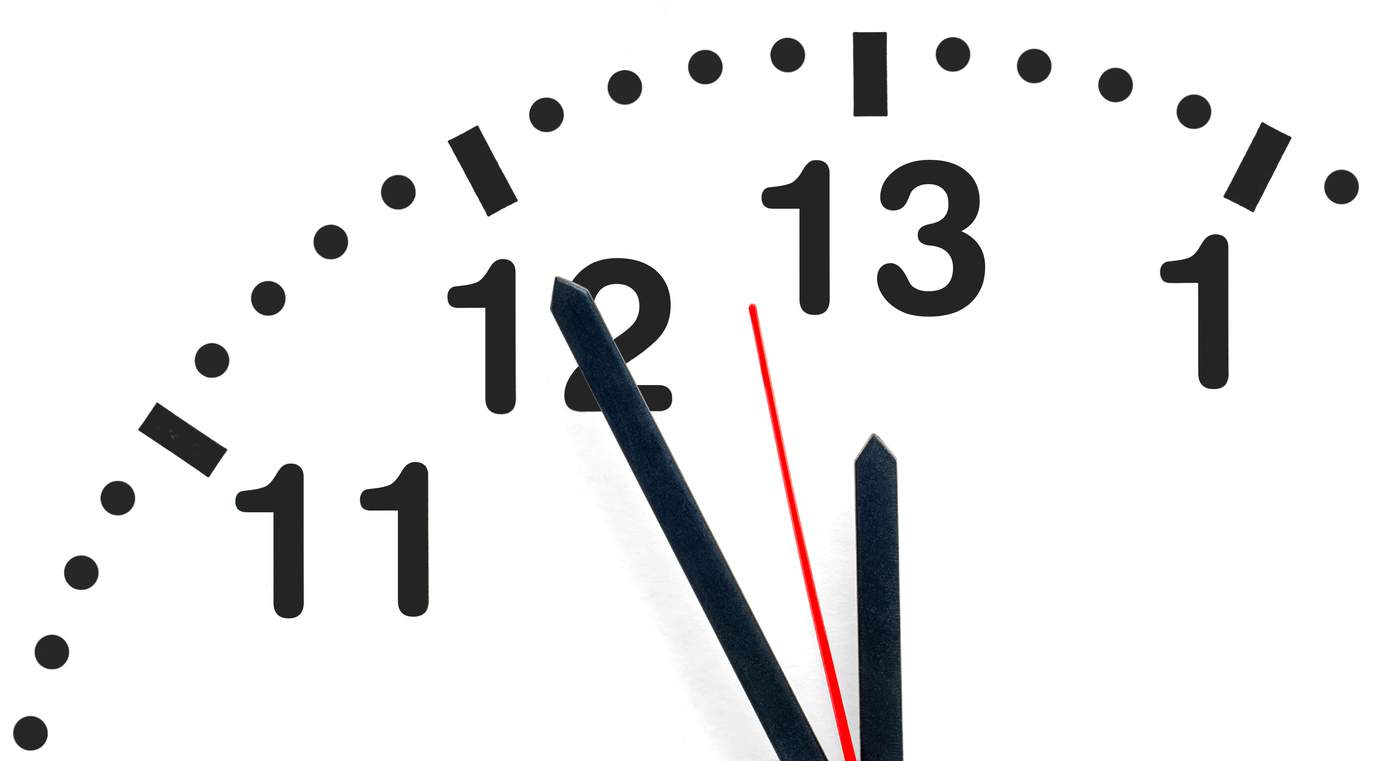Why working as a teacher can enhance your counselling
Doubling as a classroom teacher offers counsellors a range of opportunities to boost students’ university application chances by stealth

In our school, the counselling team consists primarily of teacher-counsellors who not only manage a counselling group of about 35 Year 12 and Year 13 students, but also engage with students across Years 10 to 13 in their respective subjects.
This dual role enables us to have organic, in-the-moment conversations in our classrooms, encouraging students to start thinking about their college plans earlier. More importantly, it allows us to share our own college experiences, serving as relatable role models and guiding students on their educational journeys.
Additionally, we become trusted sources of information for parents, building strong relationships through regular parent-teacher meetings each semester. This foundation strengthens as we transition to parent-counsellor meetings in the final year, where our guidance becomes even more focused and impactful.
A counsellor and a teacher: integrating counselling into the classroom
As a college counsellor with a full teaching load and responsibilities as a department head, I find that one of my biggest challenges is not only increasing face time with my counselees, but also enhancing the quality of those interactions.
But I’ve come to realise that my position as a history teacher and counsellor allows me to integrate college counselling into my history lessons. This approach enables me to start counselling students as early as Years 10 and 11, well before they officially join my counselling group in Years 12 and 13.
This way, I can offer guidance in the less pressured environment of a history classroom, laying a strong foundation for students’ future planning.
Creating opportunities to showcase skills
As head of the history department, I am also aware of the limitations of the A-level curriculum, and am uniquely positioned to create opportunities that showcase skills beyond what is tested in exams. Whether it’s developing a research-based extension programme for top achievers, with results that are reflected in their final transcripts, or designing class projects that serve as portfolios for students and provide valuable evidence for teacher recommendations, I am committed to ensuring that our students’ full range of abilities is recognised and nurtured.
As a teacher-counsellor, I also guide my students in choosing the subjects that best align with their future academic goals, dispel myths and concerns about school transcripts and advise them on cultivating meaningful relationships that can be reflected in their recommendation letters for colleges and universities. At a time when attention spans are short and information needs to be concise, it is incredibly effective to have these brief yet targeted counselling moments woven into lessons.
Rich anecdotal evidence
As extracurricular activities at our school are driven by teachers, I am able to take on patronship of a society. This gives me unique insight into how my students perform in non-academic settings. Qualities such as leadership, communication and organisational skills, and attitudes to setbacks are all aspects that cannot easily be gauged through one-to-one meetings, nor sometimes even in a classroom.
However, as patron of debates, I see a variety of students engaged in parliamentary debates and Model United Nations, travel with them to competitions and see aspects of behaviour that make for rich anecdotal evidence in counsellor recommendation letters.
I also have the opportunity to advocate for my students when leadership positions in societies come up. For example, I can help a strong counselee who may not have been selected as head girl or head boy to secure an extracurricular leadership role to bolster their résumé. I can encourage an excellent football player to join a logistics team to diversify his portfolio or guide a debater to lead public-speaking sessions for juniors to enhance her profile. I might also suggest that a literature student who didn’t audition well for an acting role could take on the role of student director.
Being deeply involved in the school community allows me to create and identify opportunities for my counselees across various facets of school life, helping them to develop and showcase their strengths.
Understanding how students use technology
One-to-one meetings should not focus on tasks that can be easily tracked or completed online. For example, reminders of upcoming deadlines, information about application procedures or routine check-ins can be managed through digital platforms.
Instead, one-to-one meetings should be reserved for meaningful discussions that require personal interaction, such as exploring a student’s goals, addressing specific concerns or providing personalised guidance.
To this end, I’ve found Google Classroom to be an excellent tool for organising information. I use separate “Materials” sections for different regions, assign tasks as assignments, and post updates about upcoming events and deadlines.
However, as a teacher, I’m also keenly aware of how easy it is for students to mute notifications on Classroom, and how overwhelming it can be when they’re using it for multiple classes. To address this, I’ve created a WhatsApp community for deadline reminders and use the Google Chat feature to connect with students where they’re most active.
This approach not only ensures that tasks are completed, but also helps me maintain the necessary space and boundaries to protect my own privacy and mental health.



